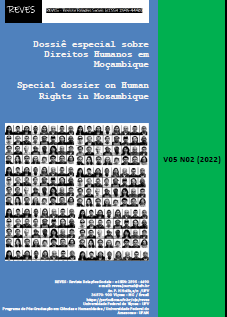The management of taxes as a central issue for a fair distribution of wealth: The case of the Tax Authority of Mozambique
DOI:
https://doi.org/10.18540/revesvl5iss2pp13930-01eKeywords:
Tax Evasion, Fiscal Equity, Technical Operation, Employees CorruptionAbstract
This article aims to analyse a fundamental issue in contemporary societies: the payment of taxes as a form of wealth distribution, with a particular emphasis for the tax evasion. In particular, this study deals with an African country, Mozambique. Here, from the one side, research on this subject is rare and, from the other side, the local government delegated to a Tax Authority the task to collect the taxes of the taxpayers. Through a qualitative approach, using an historical and sociological perspective, and starting from the analysis of the activity of the Tax Authority of Mozambique, this research shows, as its main conclusions, that the tax value collected by the Tax Authority is still far from what Mozambican government desired. This circumstance is due to structural factors, as the weak technical training of the employees of the Tax Authorities and the absence of a reliable database, as well as to subjective factors, first of all a pervasive corruption among the employees of that institution. Such elements make the work of the Tax Authority very difficult, and for these reasons it cannot accomplish with its own goals.
Downloads
Downloads
Published
How to Cite
Issue
Section
License
Copyright (c) 2022 REVES - Revista Relações Sociais

This work is licensed under a Creative Commons Attribution 4.0 International License.












